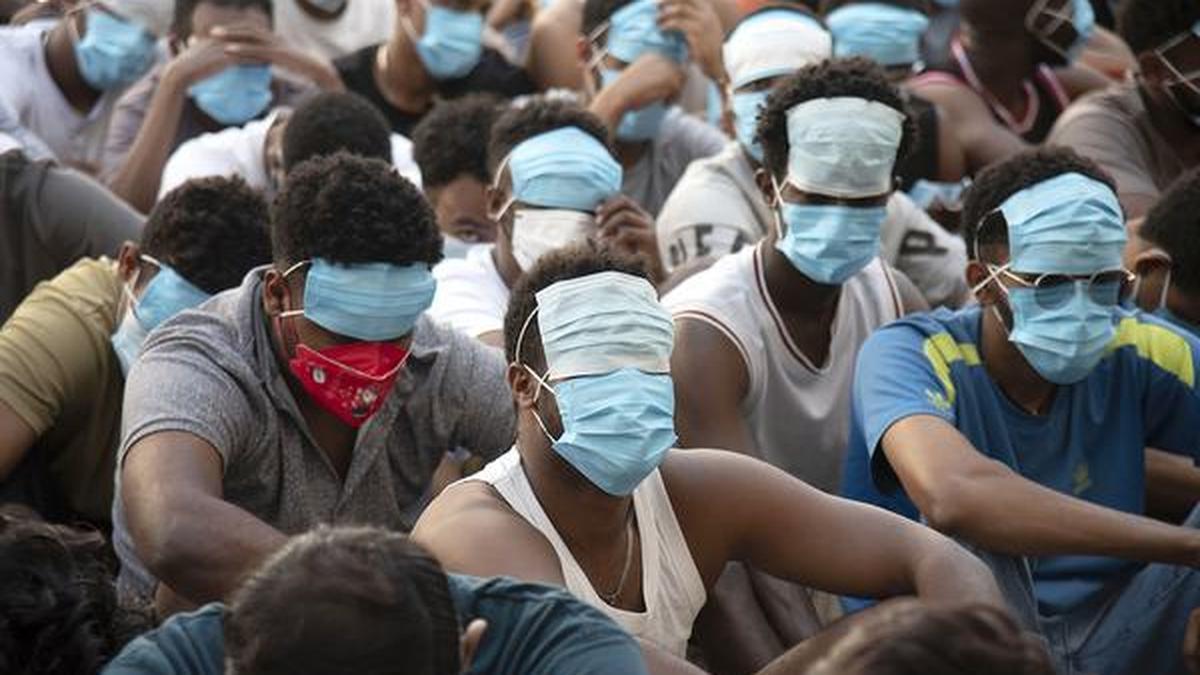In recent years, Myanmar’s border regions have become epicenters for illicit cyber scam operations, exploiting thousands of individuals through deception and coercion. These operations have entrapped people from various countries, forcing them into fraudulent activities that target victims worldwide. Recent multinational crackdowns have liberated many from these dire circumstances, yet numerous individuals remain detained in precarious conditions, awaiting repatriation.
The Rise of Scam Compounds
The instability following Myanmar’s 2021 military coup created a fertile ground for organized crime, leading to the proliferation of scam compounds, particularly along the Thai-Myanmar border. These compounds, often masquerading as legitimate business centers, lured individuals with promises of high-paying jobs. Upon arrival, many found themselves trapped, subjected to forced labor under threats of violence, and compelled to participate in elaborate online scams. The United Nations estimates that hundreds of thousands have been trafficked into such centers across Southeast Asia.
Multinational Crackdowns and Detentions
In response to international pressure, authorities from Myanmar, China, Thailand, and other nations initiated coordinated efforts to dismantle these scam operations. These crackdowns led to the detention of thousands who had been forced into fraudulent activities. For instance, in February 2025, Myanmar authorities detained 273 foreigners from scam compounds along the Thai border.
Humanitarian Concerns and Repatriation Efforts
The detained individuals, many of whom are victims of trafficking, now face overcrowded and unsanitary conditions in detention facilities. Reports indicate inadequate medical care and insufficient food supplies, exacerbating the plight of these individuals. The process of repatriation has been slow, with bureaucratic hurdles and limited resources hindering timely action. Families and advocacy groups have appealed to governments to expedite the return of their loved ones.
Continued Challenges and the Role of Technology
Despite these crackdowns, the cyber scam industry persists, adapting to new challenges. Notably, some scam compounds have reportedly utilized satellite internet services, such as Starlink, to maintain operations even when traditional internet connections are disrupted. This technological adaptation underscores the resilience of these criminal networks and the need for comprehensive strategies to combat them.
Conclusion
The situation at Myanmar’s border highlights the complex interplay between political instability, organized crime, and human trafficking. While recent crackdowns have freed many from forced participation in global scams, the subsequent detentions and slow repatriation processes pose significant humanitarian challenges. A concerted international effort is essential to dismantle these criminal networks, support the victims, and address the underlying conditions that allow such exploitation to thrive.
Sponsored
FACTS Transcripts
Apply for a University document anywhere
https://www.factstranscript.com
Quick Transcripts for popular Universities, check your University name now and get started. We help you to get your transcript application online which is accepted for use of IRCC.
No DD, NO Paperwork. 100% Authentic, Reliable.
FACTS Transcripts Charges · Reviews · Assam Universities · Home · Know your University











